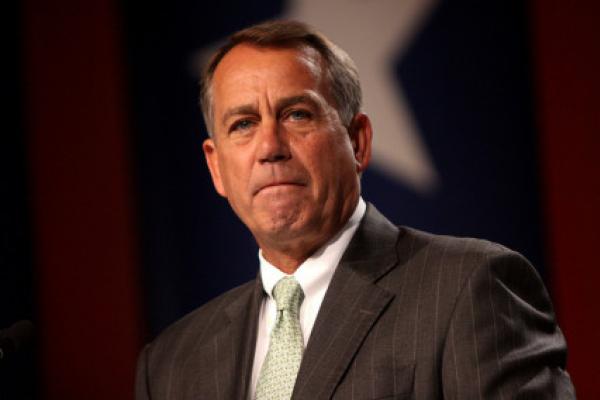As a law extending workplace protection to gay, bisexual, and transgender workers makes its way through the Senate this week, there’s a shift in the political air: Arguments that stand purely on religious grounds are no longer holding the same degree of political sway they once did.
The rhetoric from Republican and conservative opponents of the Employment Non-Discrimination Act is moving away from the morality of the bedroom and into the business sphere. More politicians are fighting ENDA as a bad economic move, not as a break with the Bible.
ENDA would “increase frivolous litigation and cost American jobs, especially small business jobs,” Speaker John A. Boehner said in a statement released Monday, which made clear the Senate bill is dead on arrival in the GOP-controlled House.
Read the Full Article

